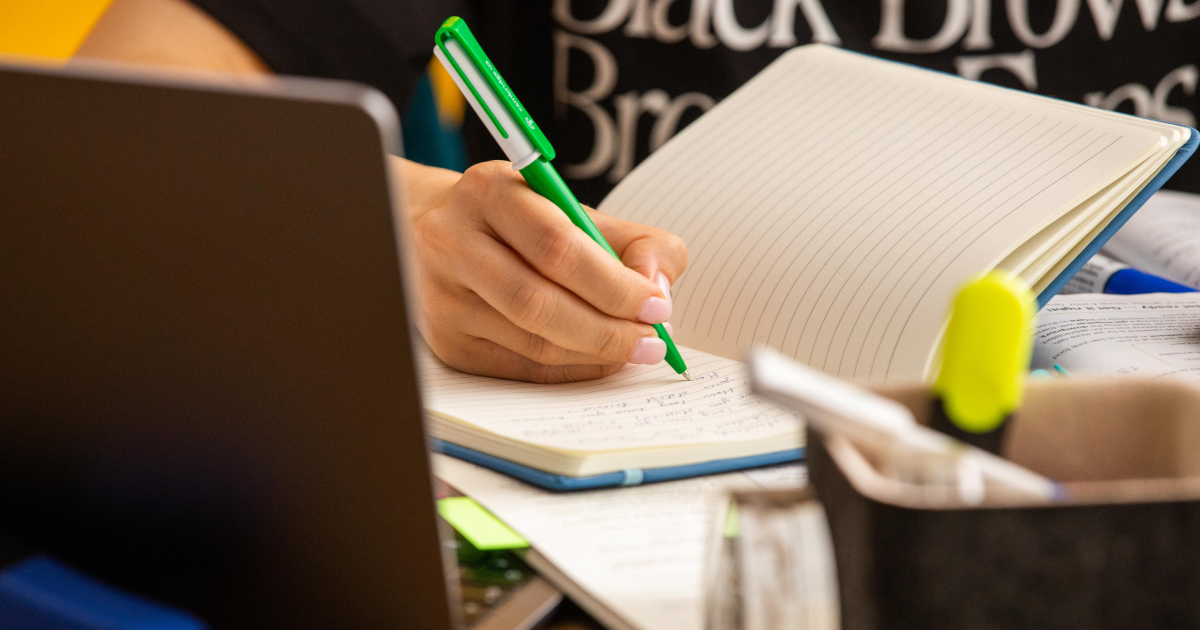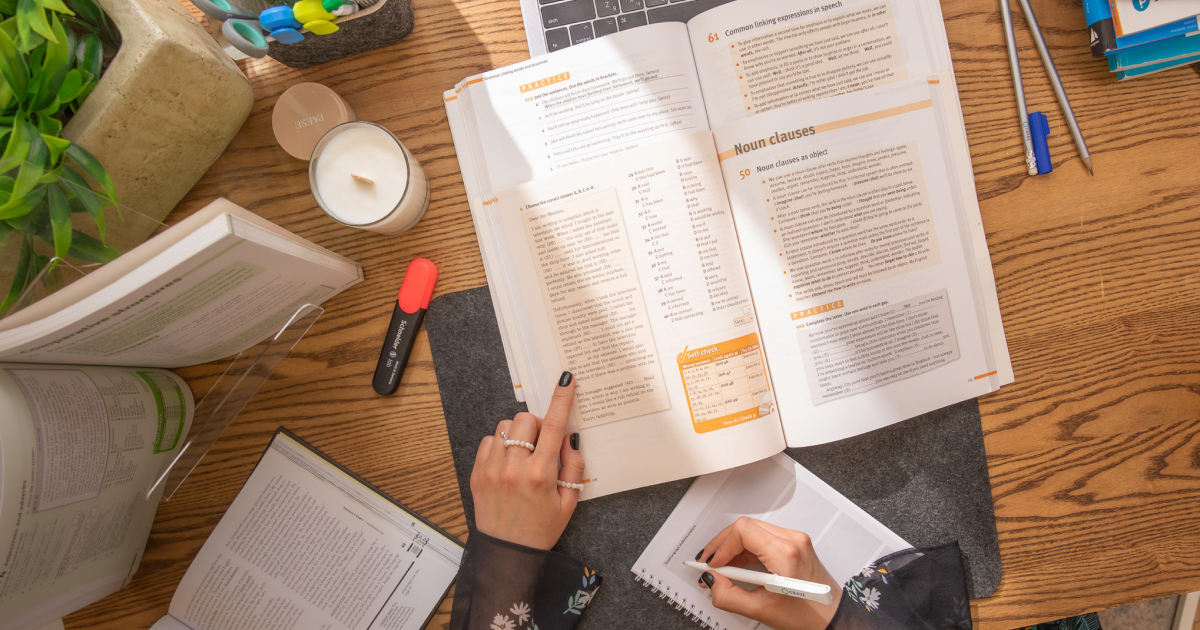How to teach metaphors: 20+ metaphor examples for students
- Speaking
- Vocabulary
- Teaching qualifications
- Tips & Strategies
- Methodology

26.08.2022
Can we control future events? We want to believe we can.
Therefore, we plan and often say with confidence that something will happen in the future and expect certain results.
Even native speakers use the Future Perfect tense infrequently; needless to say, for ESL students, it is quite challenging.
Usually, Future Perfect is studied by students with a higher level of language proficiency. So, how to explain and practice this difficult tense in a way that is painless for you and your students?
Don’t worry, by the end of this blog, you will have already found out how to teach your students to use the Future Perfect Tense in English.
First, let’s consider how exactly the grammatical features of this tense should be explained.
What grammar structures are taught at each level?
Some of the more complex grammatical tenses can be better understood by placing the events on a timeline.
This also applies to Future Perfect. We use this tense to say that an action will be completed at a certain time in the future.
So, draw a timeline on the board that starts from today and extends into the near future.
Below, write some examples of things that will happen soon, for instance, before the Christmas holidays.
Mark these events on your timeline in the correct order. Say:
The actions in the sentences will be completed by a certain time (the end of the year or Christmas).
Make sure students understand this through CCQs.
Also, illustrate how the Future Perfect is formed:
will + have + past participle (for all persons, singular and plural)

Ask your students to give you more examples of what they have planned for the rest of the school year. For example:
Student: “I will learn to drive. I will get my driver’s license. I will drive to Lviv.”
Teacher: “When you drive to Lviv, you will have known how to drive for only a few weeks.”
Other examples made up by the students may refer in particular to what will happen in the near future:
You can also ask students to make predictions for the future, such as for the year 2023 or years ahead; they can be as bold as possible:

Plan and perform with confidence
Get the ELT upgrade today!Give examples of negative statements based on the information your students have shared so far:
Ask students to give more examples of predictions of the future using the negative form.
For instance:
By the time I finish university, I won’t have gotten married.
Can grammar be taught through critical thinking?
Ask students questions about what they expect from the future.
For example:
Teacher: “Will you have graduated from university by the time you’re 25?”
Student: “No”.
Teacher: “Ask a classmate!”
Student: “Peter, will you have graduated from university by the time you’re 25?”
Model a few more questions, and then students can come up with questions on their own, such as predictions for 2023 or the far future.

Without proper practice, students will not be able to use the Future Perfect and feel comfortable encountering this tense in live communication.
Therefore, try to find examples of the use of the Future Perfect tense in a real context. These could be newspaper articles, blog posts, or advertisements that address the future consequences of our current actions.
For example, you may find articles that discuss the effects of global warming or the extinction of certain species of creatures from the planet by a certain time in the future.
In this way, you will not only help students practice grammar but also teach them the importance of taking care of the environment.
Why should we contextualize grammar?
Have your students ever answered the question, “Who do you see yourself as in 5 years?”
Give them the opportunity to create their own plan for this time period.
When their plans are ready, students can share with the class what they will have accomplished by the end of those five years by using the Future Perfect in their sentences.

English speakers use the expression “by the time” to express a future event that will happen by a certain time.
Have students practice in pairs using this phrase to start a conversation.
For example, one student suggests a future event using “by the time” and the Present Simple, and another student names another event in the future that will happen before that time using the Future Perfect:
Student А: By the time I finish my ESL program…
Student B: … I will have become fluent in English.
Later, students can switch roles.
Fun ways to teach grammar!
Show your students the first half of any video. You can use anything from YouTube or sitcom episodes available on websites.
For example, a fragment from an episode of “Friends” or “The Simpsons” or part of the interview from the Graham Norton Show.
After the students have watched the first part, ask them to predict what will happen until the end of the clip using the Future Perfect tense.
Watch the rest of the video with your students to see if their predictions were correct.
Ask your students to make a to-do list for today, next week, or month.
Then have students share with their partners, with the help of the Future Perfect, what they will have done by a certain time in the future.

What will the world be like in 100 years? What will happen until then?
Have the students discuss in groups what changes they think will happen in 100 years.
They should practice using the Future Perfect in their sentences.
For example:
You can also use the additional free Future Perfect practice materials on the site as well as exchange your experience with other professionals and advice here.
Time line is one of the most effective strategies to explain Future Perfect.
Veronika Syrotkina
Author
CELTA certified teacher of General English
Comments
Leave your comment